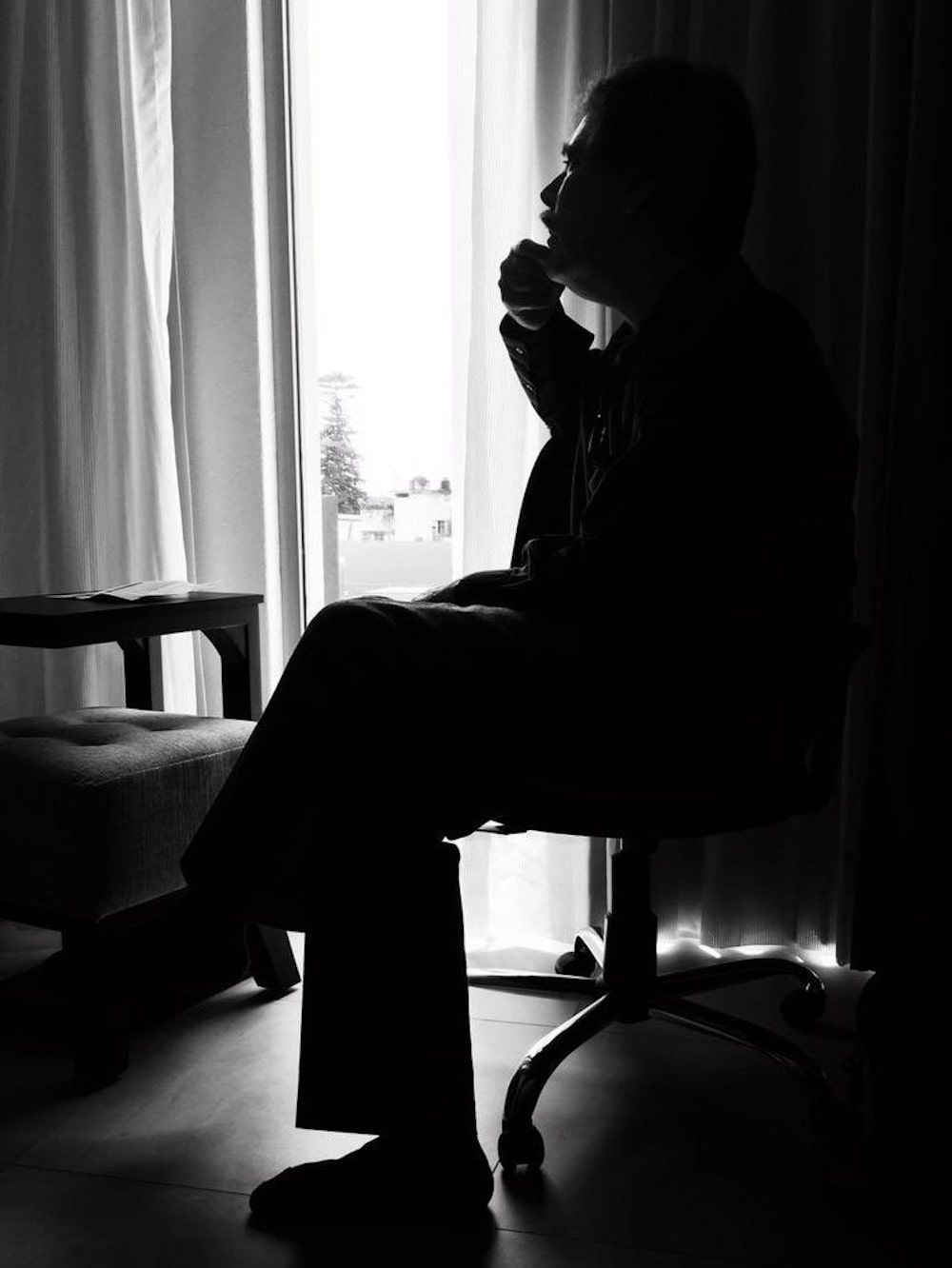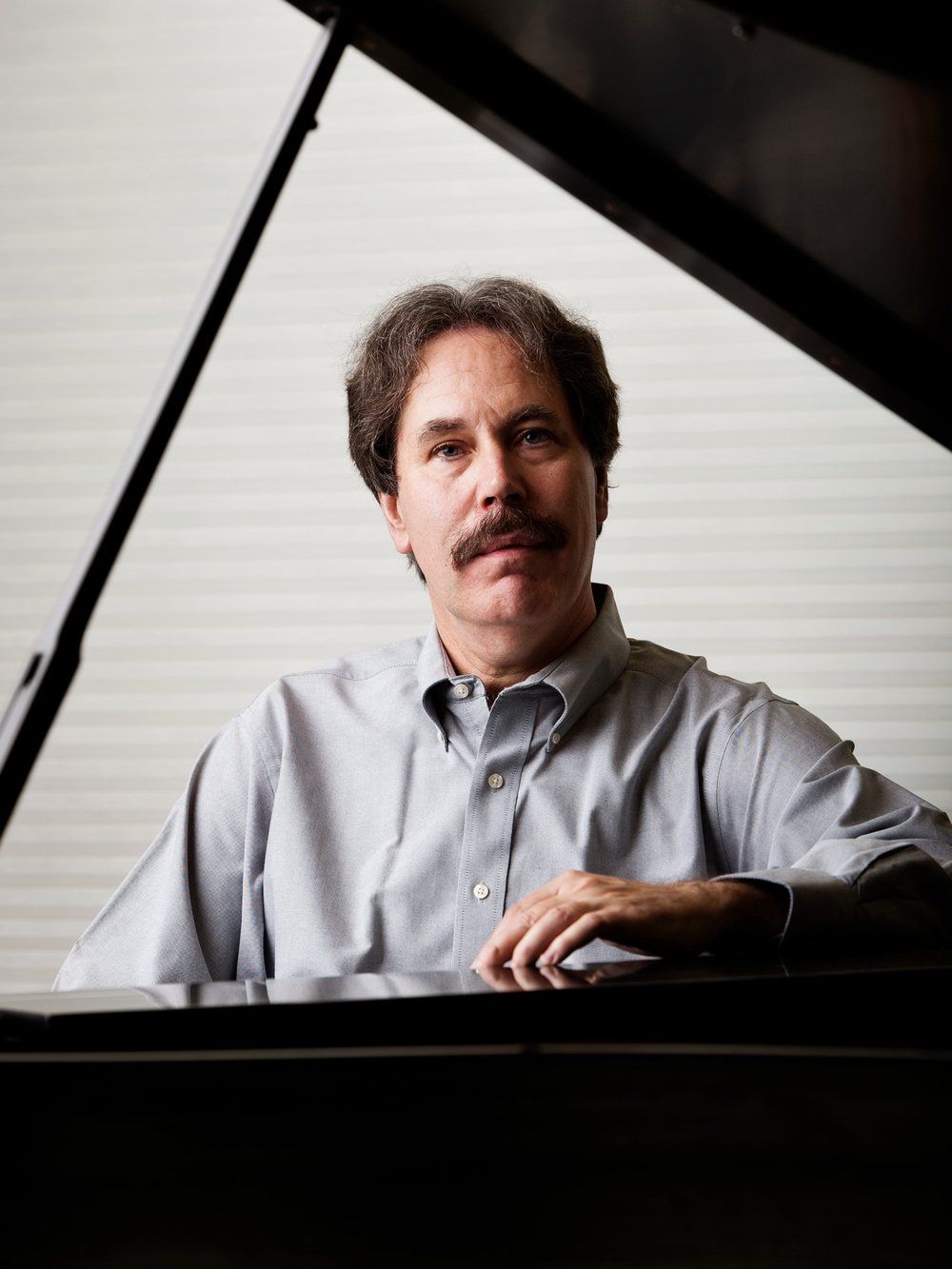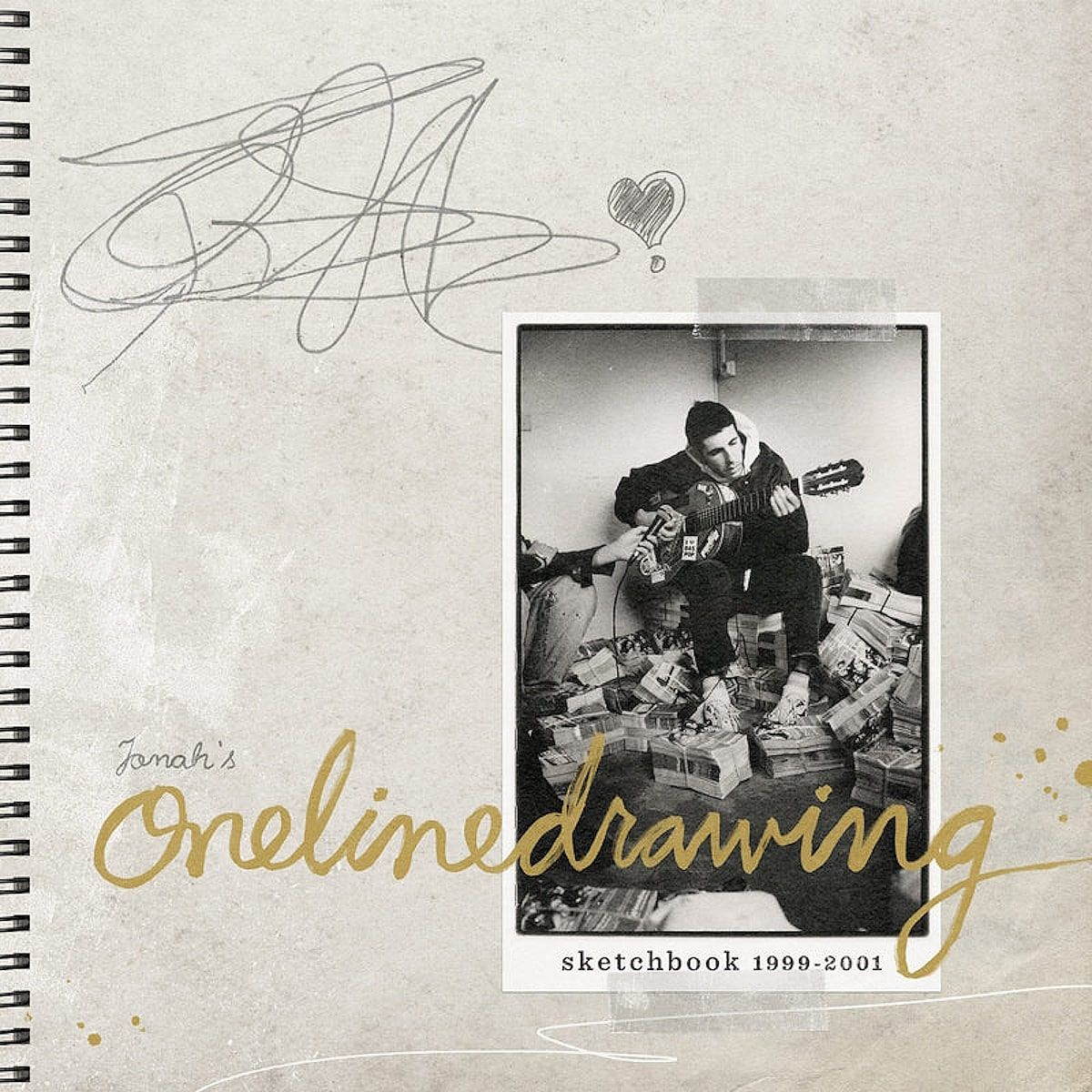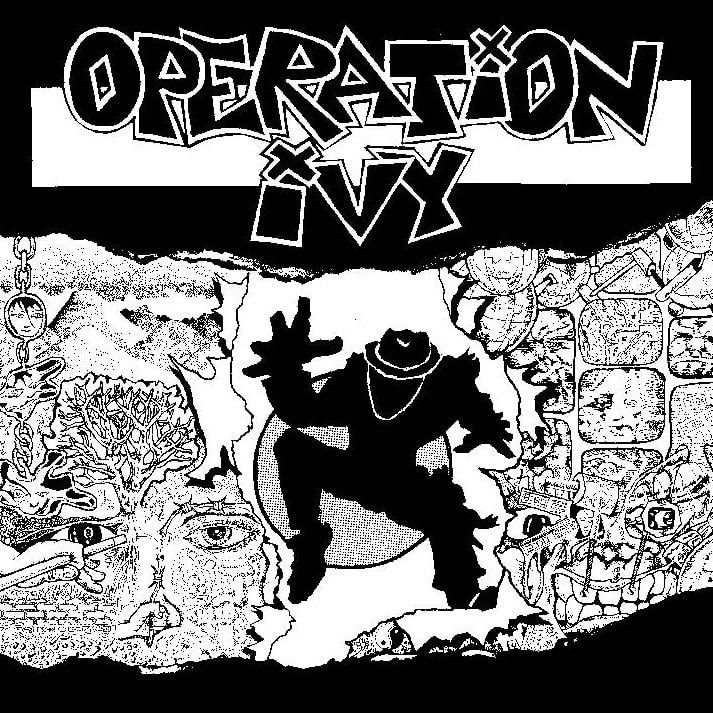In a recent episode of Rick Beato’s amazing YouTube channel, the host sat down with Ted Gioia, the renowned author, historian, and futurist, to discuss the profound implications of artificial intelligence on the music industry. Known for his deep dives into the evolution of music and American culture, Gioia brings a wealth of knowledge and a unique perspective to the conversation, shedding light on the silent but significant impact of AI on various creative fields.
Gioia began by addressing the pervasive secrecy surrounding AI’s integration into writing and music. He highlighted that while AI is a hot topic, there is a notable lack of transparency about its usage. Gioia pointed to instances such as Sports Illustrated, which used AI-generated articles under fictitious bylines to cut costs without disclosing this to readers. This practice, he argued, reflects a broader trend of undisclosed AI use in creative industries.
Turning his attention to the music industry, Gioia expressed concerns about AI-generated music on platforms like Spotify. He recounted an incident where a user identified multiple identical-sounding tracks attributed to different artists. This raised suspicions that Spotify might be using AI to create music, potentially to reduce royalty payments to real musicians. Although Gioia could not definitively prove this, the pattern suggested a deliberate strategy to maximize profits at the expense of artists.
Expanding on his apprehensions, Gioia fears that AI’s role in music is primarily a cost-saving measure, benefiting companies while harming musicians and fans. He cited the example of Universal Music’s temporary withdrawal from TikTok over concerns about AI-generated music diverting revenue from real artists. This scenario, he warned, could become increasingly common, with tech platforms leveraging AI to bypass traditional royalty systems.
Bringing in historical parallels, Gioia illustrated his points by discussing how cultural trends are cyclical, often swinging between industrial rationalism and creative humanism. Just as the Romantic era responded to the Industrial Revolution with a renewed emphasis on creativity and emotion, Gioia predicted a similar shift in the modern era. He suggested that society might soon push back against the dominance of algorithm-driven content, seeking more authentic and artist-driven experiences.
On the topic of creative freedom, Gioia lamented the current state of the music industry, where formulaic practices dominate. He contrasted this with the career of Taylor Swift, whose long-term success was built on genuine artistic development rather than adherence to a commercial formula. Gioia argued that fostering such careers requires record labels to invest in and nurture new talent, a practice increasingly abandoned in favor of short-term profit.
Gioia also warned against the passive consumption promoted by streaming services and algorithms. He argued that these platforms reduce music to background noise, stripping away the identity of artists and diminishing the cultural value of music. Instead, Gioia advocated for a vibrant microculture driven by creative individuals and smaller entities. He believes this grassroots approach can counteract the stagnation imposed by major corporations.
Throughout the interview, Gioia shared personal anecdotes and reflections on his career. He recounted his journey from a jazz pianist to a respected music critic and futurist, underscoring the importance of following one’s passion and taking risks. Gioia encouraged young creatives to remain open to diverse opportunities and to pursue their interests with determination.
Beyond music, Gioia discussed his views on broader cultural and economic trends. He used the decline of Starbucks’ coffee sales as a metaphor for the lack of creativity and authenticity in many industries today. This, he argued, is symptomatic of a larger societal shift towards formulaic thinking and away from genuine innovation.
Be sure to check out the full conversation above and enjoy a really nice chat that ranges from AI’s effect on culture to his thoughts on coffee.
Ted Gioia is a leading public intellectual known for his influential views on music, literature, entertainment, media, and culture.
He is the author of 12 books, translated into nine languages, and writes the popular Substack newsletter, The Honest Broker—the most widely-read music newsletter on the platform.

Gioia’s efforts in the jazz world are particularly notable; he has worked as a critic, historian, pianist, composer, educator, and record producer.
His book, The History of Jazz, is the bestselling book on the subject of the 21st century, now in its third edition.
He is also the author of The Jazz Standards, the leading guide to repertoire in the genre.
Beyond his written work, Gioia has served on the faculty of Stanford University and is a frequent guest on podcasts, TV, and radio, as well as in his own YouTube videos.

His writings have appeared in numerous prestigious publications, including The New York Times, Los Angeles Times, Wall Street Journal, The Guardian, The Atlantic, and many others.
Honored with multiple awards, including the ASCAP-Deems Taylor Award and the Lifetime Achievement Award from the Jazz Journalists Association, Gioia has been hailed as “one of the outstanding music historians in America” by the Dallas Morning News.












